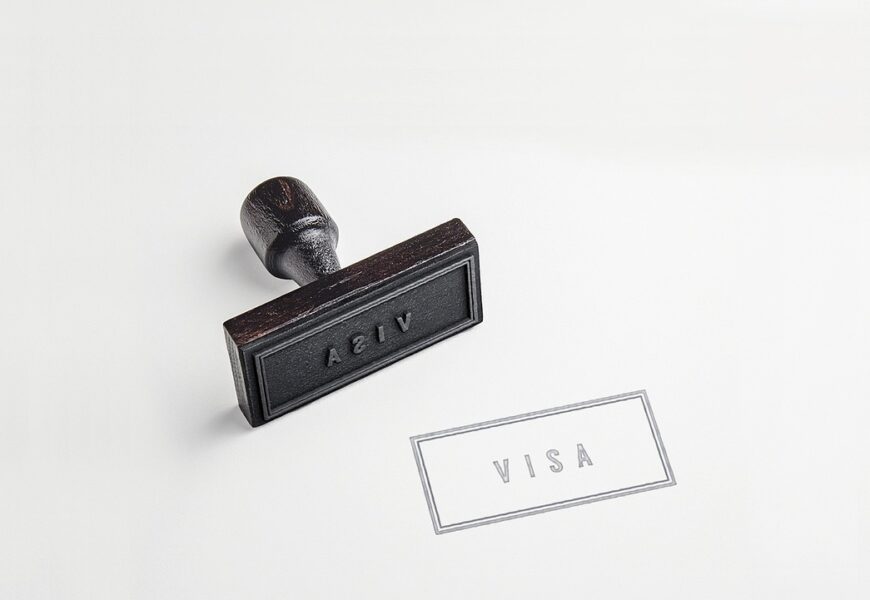Navigating the complex world of Thai visas can be challenging for travelers, expats, and business professionals seeking to enter the Kingdom of Thailand. With multiple visa types, intricate regulations, and frequently changing requirements, understanding the Thai visa system is crucial for a smooth and legal entry into this vibrant Southeast Asian destination. Whether you’re planning a short vacation, considering long-term stay, pursuing work opportunities, or exploring retirement options, having comprehensive knowledge of Thailand’s visa regulations is essential for a successful and stress-free experience.
Tourist Visa Options for Thailand
Thailand offers several tourist visa options catering to different travel needs and durations. The most common tourist visas include the Visa Exemption, Visa on Arrival, and Tourist Visa. The Visa Exemption allows citizens of 64 countries, including the United States, United Kingdom, Canada, and many European nations, to enter Thailand without a pre-arranged visa for up to 30 days. This option is perfect for short-term travelers seeking a quick vacation or brief exploration of Thailand’s stunning landscapes and rich cultural heritage.
For travelers requiring a longer stay, the Tourist Visa provides an excellent solution. Available through Thai embassies and consulates worldwide, this visa typically allows a 60-day stay with the possibility of a 30-day extension. Applicants must provide documentation including a valid passport, proof of sufficient funds, return ticket, and completed application forms. The current fee ranges between $40-$80 depending on the applicant’s nationality and specific consulate requirements.
Non-Immigrant Visa Categories
Thailand’s Non-Immigrant Visa categories cover various long-term stay purposes, including work, education, retirement, and business activities. The Non-Immigrant B Visa is specifically designed for professionals seeking employment or conducting business in Thailand. Applicants must secure a work permit and have sponsorship from a registered Thai company. This visa typically allows a one-year stay with multiple entry privileges, providing significant flexibility for international workers and entrepreneurs.
The Retirement Visa, officially known as the Non-Immigrant O-A Visa, caters to individuals aged 50 and above who wish to retire in Thailand. Applicants must demonstrate a minimum monthly income of 65,000 THB or maintain a bank deposit of at least 800,000 THB. This visa offers a one-year renewable stay, making Thailand an attractive retirement destination for many international seniors seeking affordable living and excellent healthcare.
Work Permit and Employment Regulations
Obtaining a work permit in Thailand requires careful navigation of complex bureaucratic processes. Foreign professionals must first secure a Non-Immigrant B Visa and then apply for a work permit through their sponsoring employer. The Thai government strictly regulates foreign employment, mandating that companies prove the necessity of hiring a foreign worker by demonstrating that no suitable Thai candidate exists for the position.
Key requirements for work permits include having a minimum educational qualification of a bachelor’s degree, specialized professional skills, and meeting specific documentation standards. Companies must also maintain a prescribed ratio of Thai to foreign employees, typically 4:1, which can create additional challenges for international professionals seeking employment in Thailand.
Education and Student Visas
Student visas provide an excellent opportunity for international learners to study in Thailand. These visas are available for individuals enrolled in accredited educational institutions, including universities, language schools, and professional training programs. Applicants must provide proof of enrollment, financial stability, and a valid passport. The Student Visa allows multiple entries and can be extended annually as long as the student maintains satisfactory academic progress.
Language schools have become particularly popular for obtaining student visas, offering flexible Thai language courses that provide a legitimate pathway for extended stays. Students must maintain a minimum attendance rate and provide regular documentation to maintain visa status. The costs typically range from 20,000-50,000 THB per year, depending on the institution and course duration.
Visa Extension and Conversion Strategies
Understanding visa extension and conversion mechanisms is crucial for individuals planning extended stays in Thailand. Most tourist and non-immigrant visas can be extended at local immigration offices, typically requiring additional documentation, proof of financial means, and payment of extension fees. The process varies depending on the specific visa type and individual circumstances.
Visa conversion allows individuals to change from one visa category to another while remaining in Thailand. This process requires careful planning, comprehensive documentation, and compliance with specific immigration regulations. Professional consultation with experienced visa agents or immigration lawyers can significantly simplify these complex procedures and minimize potential complications.
Navigating Thailand’s visa landscape demands thorough research, meticulous preparation, and a comprehensive understanding of current regulations. By staying informed about the latest requirements, maintaining accurate documentation, and approaching the process strategically, travelers and expats can successfully manage their Thai visa journey. Whether you’re planning a short vacation, pursuing professional opportunities, or considering long-term residence, Thailand offers diverse visa options to accommodate various personal and professional goals.









